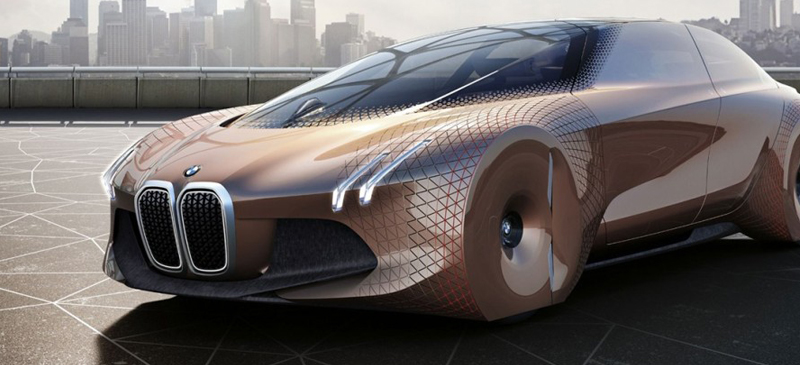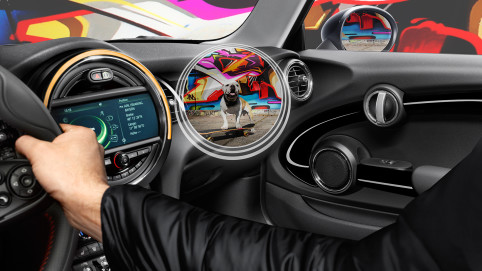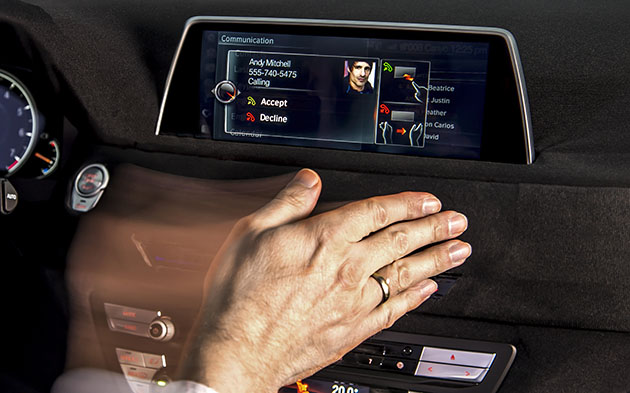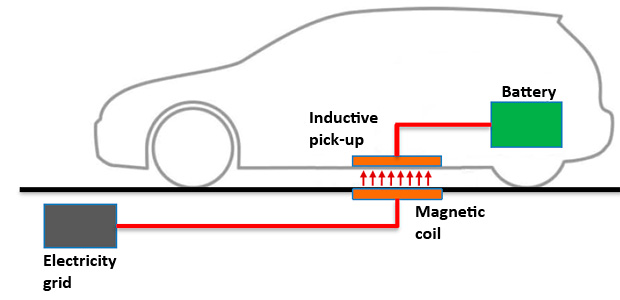
Can BMW keep the passion going when the car is autonomous?
The post Can passion ever be truly autonomous? appeared first on Avira Blog.

Can BMW keep the passion going when the car is autonomous?
The post Can passion ever be truly autonomous? appeared first on Avira Blog.
The motor industry is one of the most innovative spaces in business right now. From driverless technology to remote access and electronic cars, there is an abundance of exciting technology that promise to make a real difference to the way to move around our lives.
Covered in this fascinating Wired article, these driving goggles (seen above) are being developed by the automaker Mini and have the potential to change the way we drive for good.

Headsup display: Make sure the most important information is available to you wherever you’re looking with speed and directions fed directly into the goggles.
Zero latency: Using special technology to predict how your head will move, the goggles approach to close to “zero latency” meaning that the augmented images displayed in the goggles are happening in real time.
Look through walls: By using cameras and microphones outside of the vehicle, you can look straight through the frame of the car to see potential hazards.
BMW recently revealed that they have developed remote control parking for the 2016 BMW 7 Series.
But that’s not all, BMW are looking to change “interaction between the driver and the car” by introducing in-car gesture control to the 7 series and improved voice commands. This means no more fiddling with that radio or satnav.

Electronic cars are slowly but surely making their way into the mainstream. One of the largest obstacles to their adoption is the lack of charging stations. A research team at Qualcomm has developed a wireless form of charging for electronic cars that could potentially make it much easier to charge vehicles.
Using inductive charging, the electronic car will charge wirelessly when parked over a magnetic plate.

Inductive technology has only recently taken off in the consumer space with wireless smartphone charging stations so don’t expect to see these on the road any time soon.
As these three exciting technologies demonstrate, the Internet of Things is growing and advancing at an incredible rate. It’s important though to ensure that we are building and developing advanced functionality with privacy and security in mind.
The benefits of smart, connected vehicles are obvious for all to see but as AVG has highlighted several times already, vulnerabilities in system security can pose real risks to human safety and property damage.
![]()
![]()